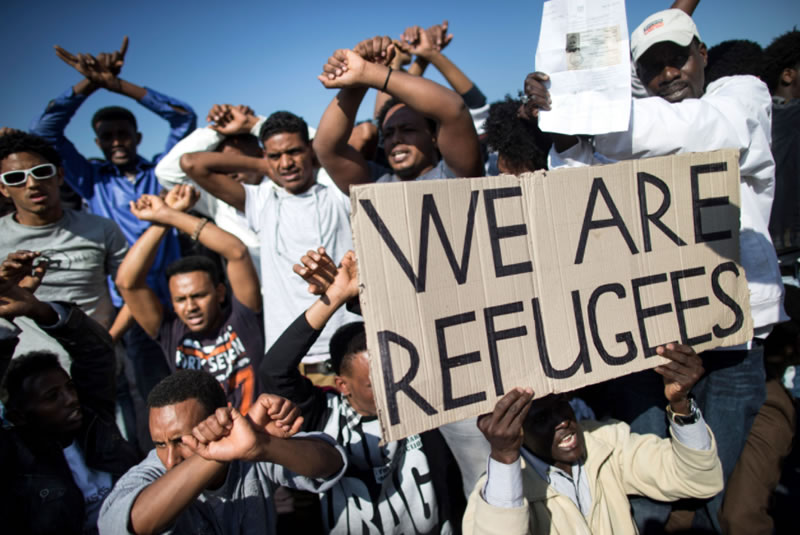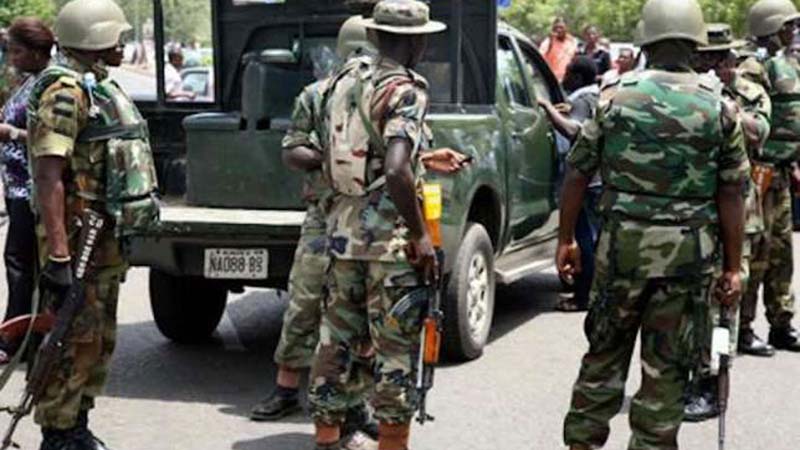“The conduct of a state shapes how its people are perceived abroad. African diaspora communities face increased suspicion, harsher immigration scrutiny, and systemic prejudice due to the actions—or inactions—of their home governments.”
Across Africa, a disturbing trend is unfolding—governments failing their citizens not just at home, but abroad, where the consequences of such negligence are often more visible, more humiliating, and more dangerous. A recent case involving South Sudan has laid bare the profound implications of state irresponsibility and the ripple effects of poor governance that travel far beyond the continent’s borders.
The Juba Contradiction: When a Country Denies Its Own Citizen
In April 2025, the U.S. deported an individual identified as Nimeiri Garang to South Sudan, using a travel certificate issued by the South Sudanese embassy in Washington, D.C. Upon arrival in Juba, South Sudanese authorities astonishingly refused to accept him, claiming instead that he was Makula Kintu, a Congolese national from the DRC. The blatant contradiction left U.S. officials outraged, prompting immediate visa revocations for all South Sudanese nationals.
Faced with mounting diplomatic pressure, South Sudan reversed course and admitted the individual “in the spirit of friendly relations”—an implicit admission of either poor documentation or political evasion.
This is not an isolated event. It is part of a larger pattern of evasion, denial, and lack of accountability that plagues several African states.
Case Study: Nnamdi Kanu’s Shadowy Rendition
Take the still-unresolved case of Mazi Nnamdi Kanu, the leader of IPOB. He was reportedly abducted and renditioned to Nigeria in 2021 under secretive and extralegal circumstances. Kenya, the country where the abduction allegedly occurred, denied any involvement. When a Nigerian court demanded the flight manifest, both governments failed to produce any record.
The implication? Either collusion or cover-up. In both cases, the rule of law was trampled upon, and a citizen’s basic rights were sacrificed on the altar of expediency.
Other Global Parallels: A Persistent Pattern
• Abousfian Abdelrazik (Canada–Sudan): A Canadian citizen stranded in Sudan after being placed on a no-fly list, despite no charges against him. Canadian and Sudanese bureaucratic stonewalling left him in limbo for years, raising serious human rights alarms.
• Miguna Miguna (Kenya): Deported in violation of court orders, this Kenyan-born activist and lawyer was forcibly ejected from his own country. Repeated attempts to return were thwarted, showcasing the extent of government defiance and disrespect for its own judiciary.
The Costs of Irresponsibility
This pattern of behaviour has deep consequences:
• Erosion of Citizens’ Rights: When governments disown or discredit their nationals, they strip them of protections, leaving them exposed to detention, statelessness, or even death.
• Diplomatic Fallout: Visa bans, international sanctions, and the erosion of bilateral trust are inevitable outcomes when states act in bad faith.
• Diaspora Vulnerability: The conduct of a state shapes how its people are perceived abroad. African diaspora communities face increased suspicion, harsher immigration scrutiny, and systemic prejudice due to the actions—or inactions—of their home governments.
The Urgent Call for African Governments
It is high time African leaders recognize that sovereignty is not just about defending borders—it is about defending citizens, wherever they are. Governance must travel with the passport. A travel certificate is a contract; a declaration of belonging and responsibility. To issue one and then renege on it is a betrayal—not only of diplomatic norms but of national dignity.
Conclusion
African governments must stop failing their people at home and abandoning them abroad. The world is watching. And increasingly, the consequences are collective. Visa bans today may become trade restrictions tomorrow. Respect for international law, transparency in diplomacy, and responsibility for citizens must become the standard, not the exception.
Until then, Africa risks becoming a continent not just of displaced people, but of disowned people—citizens in name, but orphans in practice.






